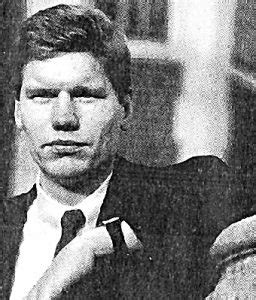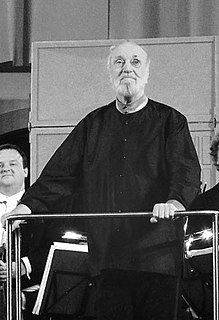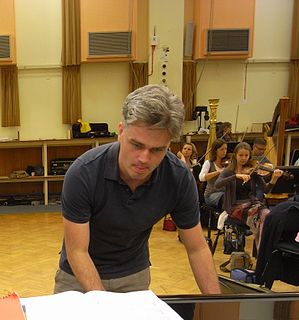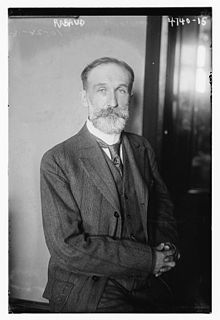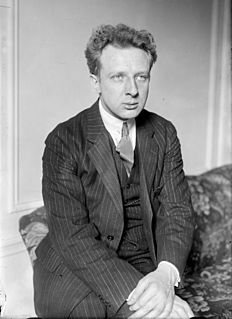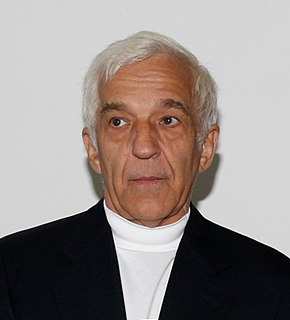A Quote by Neeme Jarvi
I am still very proud of that concert. In America, the (musicians') connection with the conductor is as with management - it becomes political. You cannot conduct properly in this environment. I hate this enemy situation between management and orchestra members.
Related Quotes
The great myth is the manager as orchestra conductor. It's this idea of standing on a pedestal and you wave your baton and accounting comes in, and you wave it somewhere else and marketing chimes in with accounting, and they all sound very glorious. But management is more like orchestra conducting during rehearsals, when everything is going wrong.
We have overwhelming evidence that available information plus analysis does not lead to knowledge. The management science team can properly analyse a situation and present recommendations to the manager, but no change occurs. The situation is so familiar to those of us who try to practice management science that I hardly need to describe the cases.
Good money management alone isn't going to increase your edge at all. If your system isn't any good, you're still going to lose money, no matter how effective your money management rules are. But if you have an approach that makes money, then money management can make the difference between success and failure.
Management did not emanate from nature. Management is not a tree: it's a television set. Somebody invented it. It doesn't mean it's going to work forever. Management is great. Traditional notions of management are great if you want compliance. But if you want engagement, self-direction works better.







